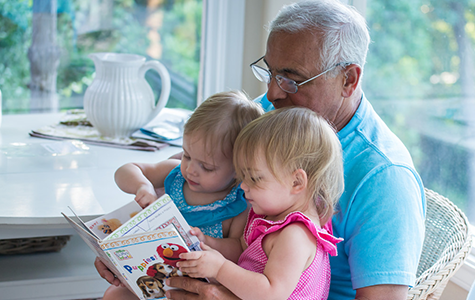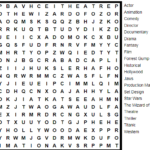 Your parent has Alzheimer’s Disease. This diagnosis and progressive illness impacts the entire family. Everyone’s life shifts as caregivers are faced with increasing responsibility. For people who are caregivers to children and their ill parents, it can be a very difficult time. Kids too, may feel confused and uneasy as they witness thinking changes in grandma or grandpa. Here, we provide tips for breaking the news to your children that a grandparent has Alzheimer’s and ways to cope as a family.
Your parent has Alzheimer’s Disease. This diagnosis and progressive illness impacts the entire family. Everyone’s life shifts as caregivers are faced with increasing responsibility. For people who are caregivers to children and their ill parents, it can be a very difficult time. Kids too, may feel confused and uneasy as they witness thinking changes in grandma or grandpa. Here, we provide tips for breaking the news to your children that a grandparent has Alzheimer’s and ways to cope as a family.
Explaining Alzheimer’s to the Kids
When a family is faced with a dementia diagnosis, it’s important to have a talk with the kids no matter what their age. Allow for an open discussion where everyone can share their feelings about the situation. Explain to children that their grandparent has an illness that may change their thinking or behavior but this does not mean they are now a different person or that they love their grandchildren any less. Encouraging kids to ask questions will help them understand the situation better and make them more willing to talk about it. Sharing in your grief together as a family helps relieve the pain.
Dr. Sarah Banks PhD neuropsychologist at Cleveland Clinic Lou Ruvo Center for Brain Health says, “No matter what the child’s age, it’s important to create an open, honest environment to talk about the disease. Make sure there is an open discourse, that the child feels very comfortable going to the parents and asking questions’”
Spending Quality Time with Grandma
The way you spend time with your parent or the way you communicate with them may change, but it’s still important to visit and encourage your children to have a relationship with their grandparent. Plan visits on a regular basis. Bring activities you can all participate in, which will differ depending on the stage your parent is at. Sharing a photo album and remembering distant memories (which are generally not impacted by the disease) can be soothing. Making sure that you don’t overstretch your parent and letting them have space if needed might also be important, follow their cues.
Lifestyle changes can alter the risk of getting Alzheimer’s and other brain diseases. Learn more about the six pillars of brain health and challenge your family to find ways to incorporate better habits together while making memories.









